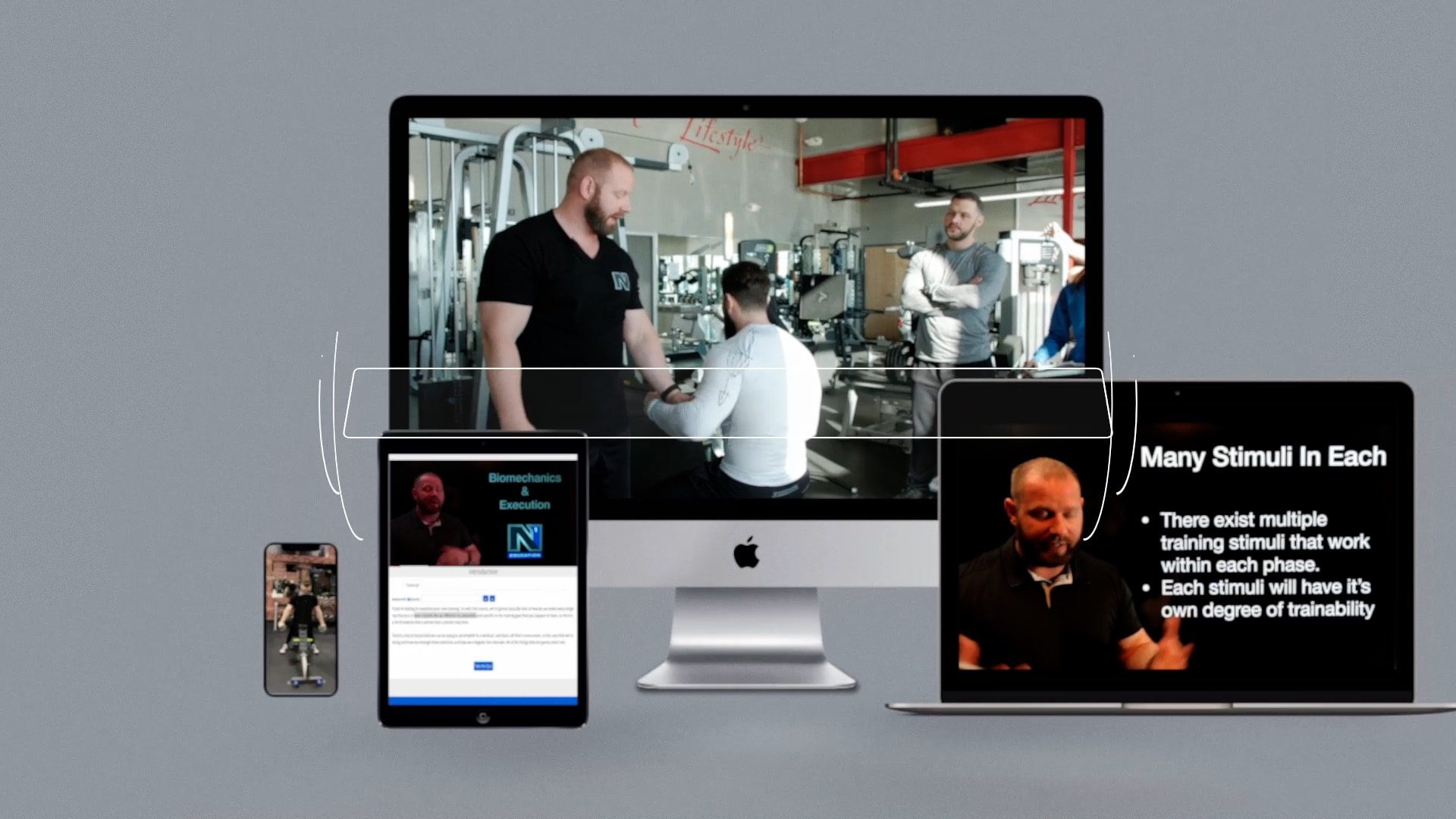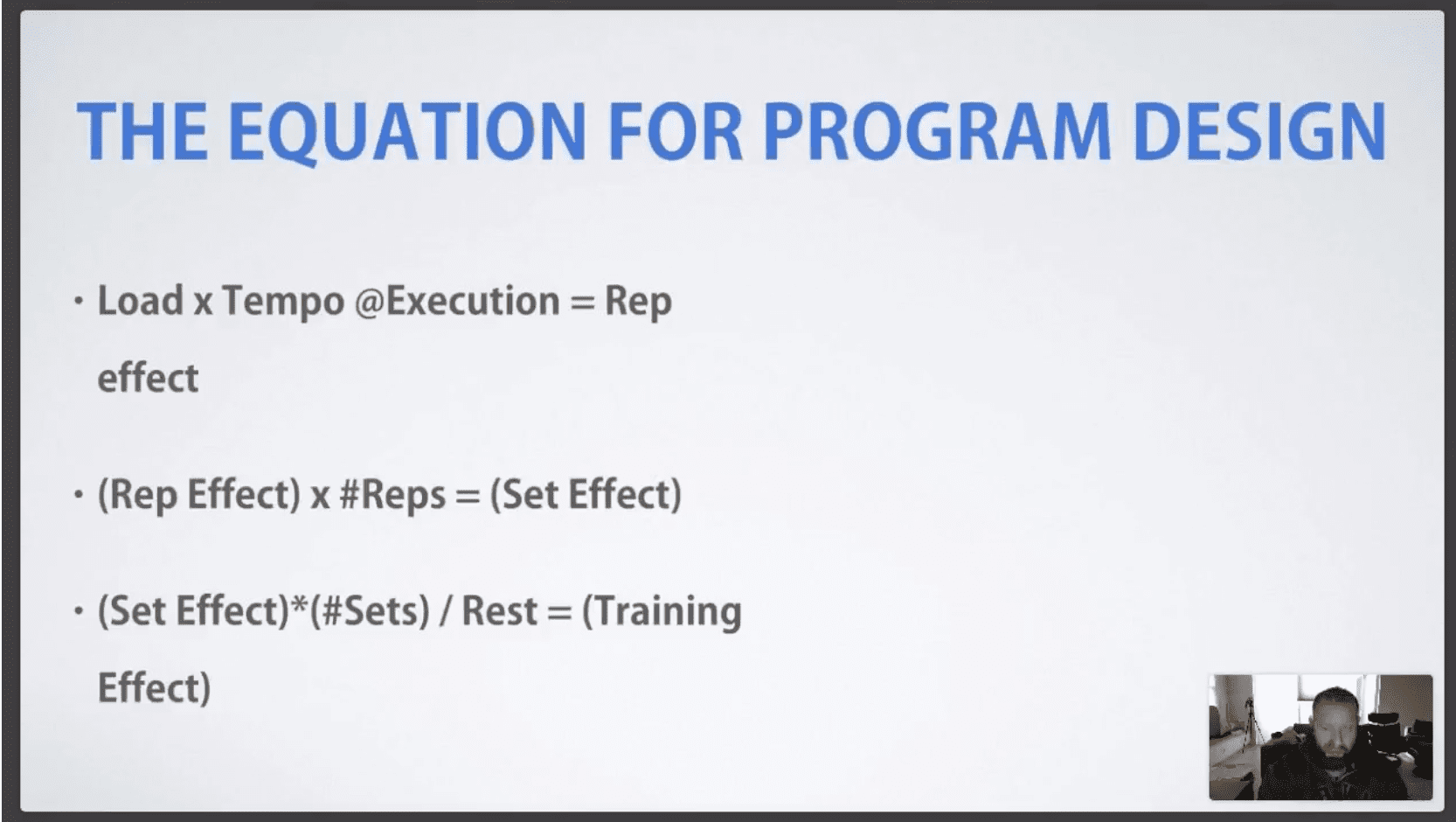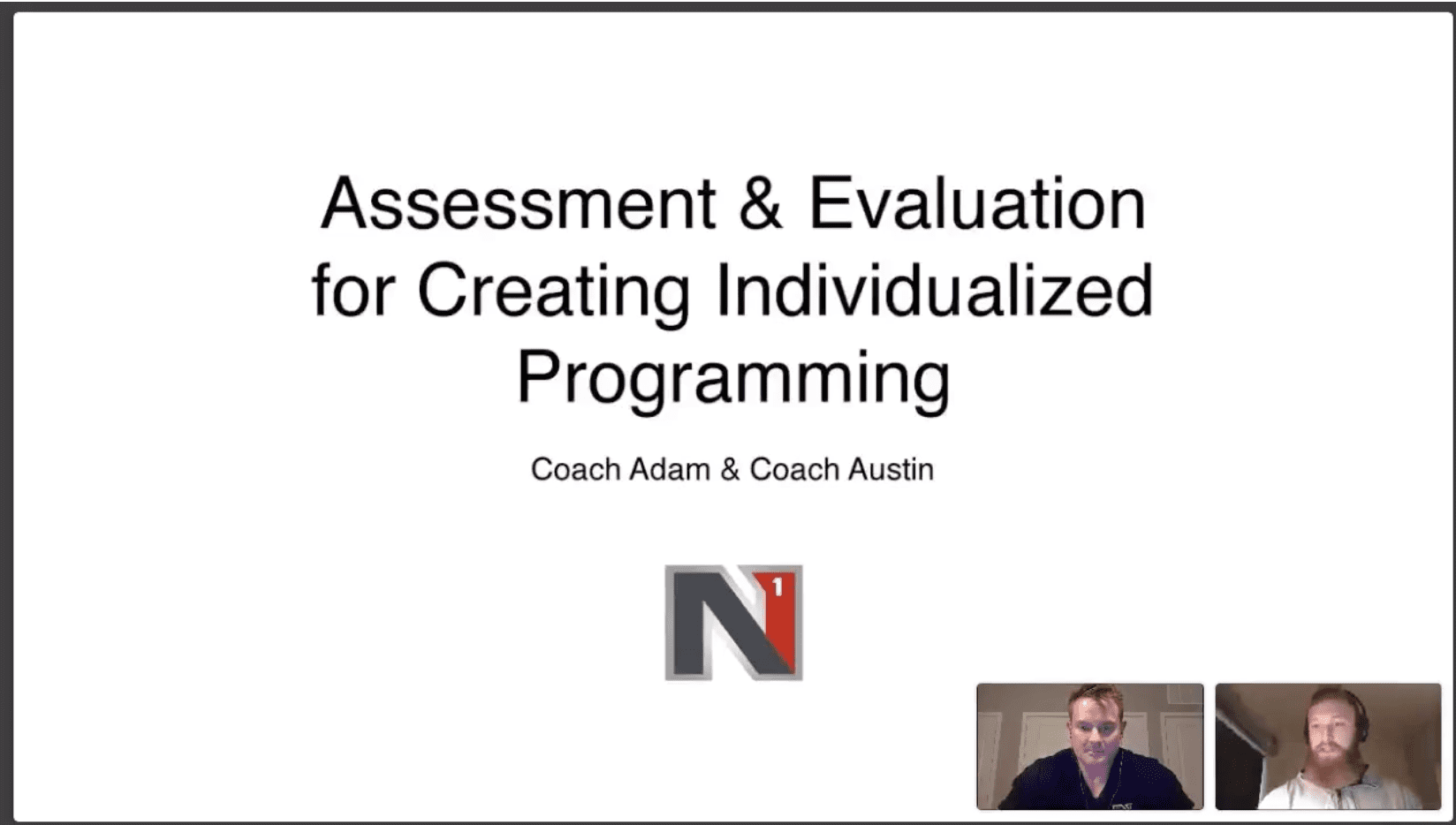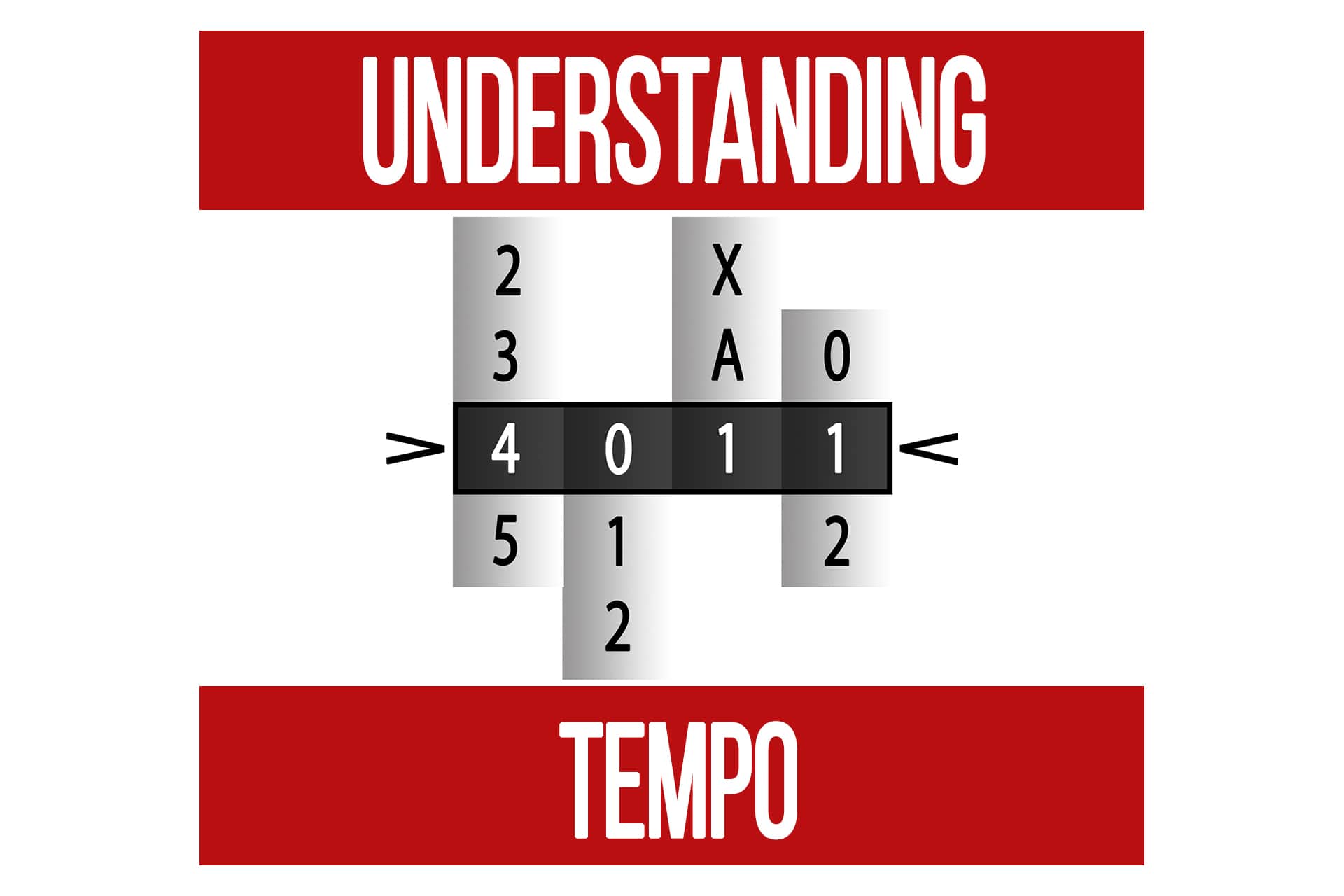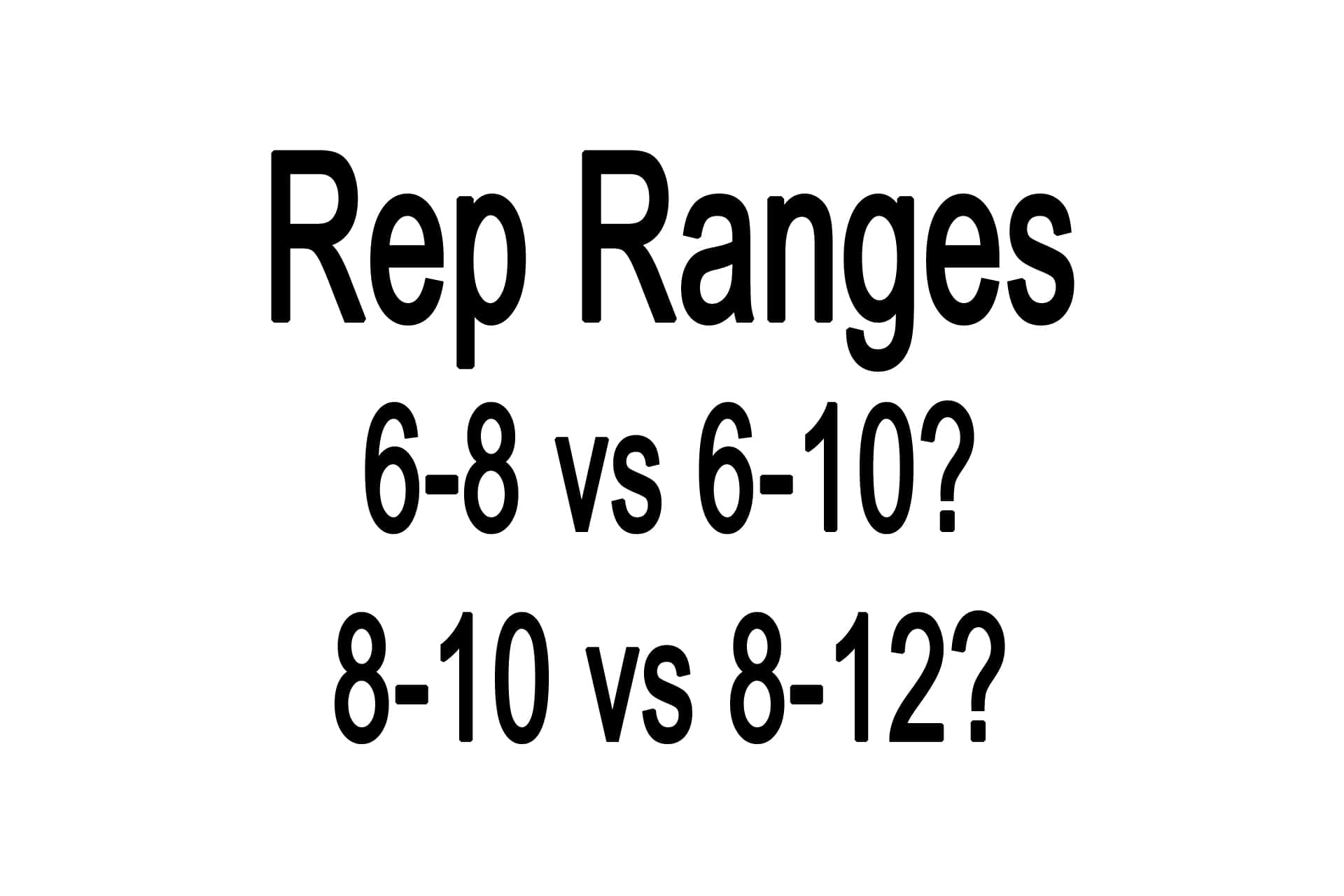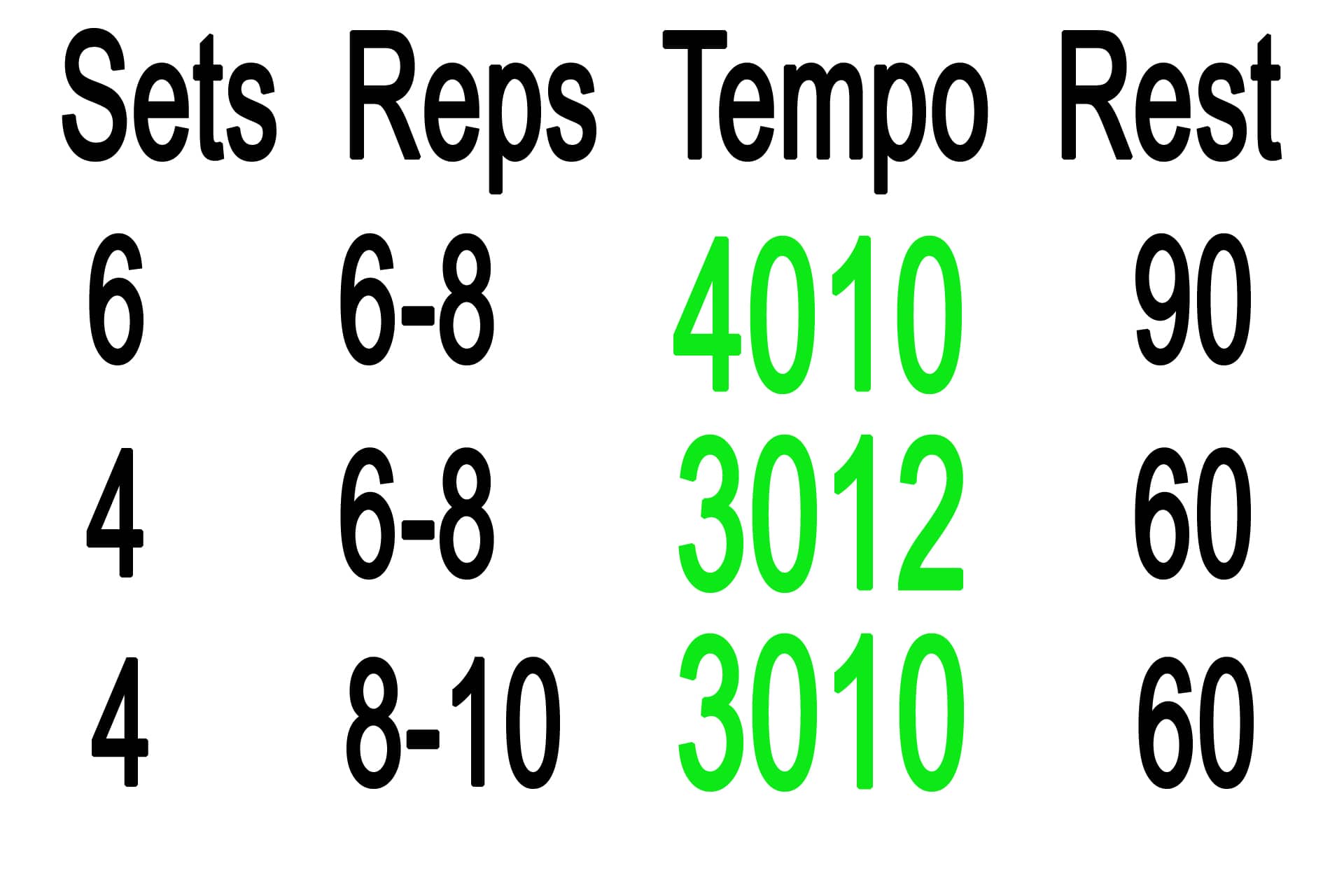Why Your Training & Nutrition Programs Need To Be One
n1 training
One of the areas N1 has really created breakthroughs for the industry is understanding how much nutritional status has on the effect of a training program. It’s so much more than train more eat more, train less eat less. Calories matter, macros matter, micros matter, and timing matters. Training and nutrition both need to be highly individualized not just to the person, but to each other. Every person comes with their limitations on what their training and nutrition program can consist of, and it is important that you find the training and nutrition programs that work not just for the person and their goal, but also with each other, or plateaus and failure will be upon you fast.
What Determines If They Match?
In order to really grasp this concept firmly, you need to understand that we also teach how to precisely affect the stimulus of a training program through the use of all training variables. This means you can predict the stress and strain on the muscles and body mechanically, metabolically, biochemically, and neurologically. If you’re not quite there yet, here is a quick example. There is a causation effect on the metabolic demand of a workout versus glycogen storage within a muscle, as well as the liver. As the demand goes up and glycogen levels go down, oxidative stress, and inflammation can increase in these tissues.
What Happens If They Don't Match?
Now there is a time and place to purposely cause oxidative stress, and stimulate acute inflammation. After all we need to create stresses in order for our body to create the adaptations that we call progress. That being said often times these conditions are created unintentionally or to a greater degree than intended simply because the nutrition program did not properly meet the demand of the training stimulus and that person’s metabolic abilities. We see the aftermath of this mostly in people who have been seeking to lose bodyfat. Whether that be general fat loss or contest competitors. The trap of eat less and do more, and the common lack of carbohydrates while doing highly metabolic styles of training wreak havoc of these people’s bodies while providing lackluster results at best. These conditions are where the premise of “metabolic damage” could have arisen. While that phrase has been over marketed and polluted by people trying to prey on people’s failures and fears to get their hard earned money, the fact remains that we can indeed create issues at the cellular and systemic levels from overtraining. The easiest way to do this is to train in a way in which you body is not nutritionally ready to handle. The likelihood of causing significant damage from hard training alone is quite small, as fatigue will diminish the ability to further stress the body on a cellular level. However when you combine the wrong nutritional restrictions with certain types of training, you can cause yourself quite a bit of trouble. This is because not only have you increased the longer term trauma to the cells and tissues during the session, you are also crippling its ability to recover and repair from those sessions. This is where you start to see the changes on a genetic level that will mimic those in chronic stress and terrible diet choices. It is so common that you will see the bloodwork and symptoms of someone who is fairly fit and lean match that of someone who is obese and unhealthy. When it comes down to it, the stresses on the cells and systems is so very similar whether its from abuse of exercise with too much nutritional restriction or lack of exercise with too much calorie consumption.
The Bottom Line
This is why your nutrition program needs to be matched to your training program. In order to do that, that means calories, macros, micros, and timing all need to be addressed. If your program is missing guidance in any of these, there is almost zero chance that it is being well matched to your training. When you have your training and nutrition matched, you perform well, feel well, and see consistent results. If your coach keeps seesawing your calories/macros up and down throughout the same training phase, I would really questions whether or not they are qualified to be doing your nutrition, and by extension your training.
Matching nutrition and training takes an understanding of the training stimulus on a biochemical level as well as knowledge of managing an individual’s recovery. If you’re looking to have a personal plan designed specifically for you, apply for one of the limited spots that the N1 coaches have available.

Popular Pages
Learn & Train With Us
Add N1 Training to your Homescreen!

Please log in to access the menu.
